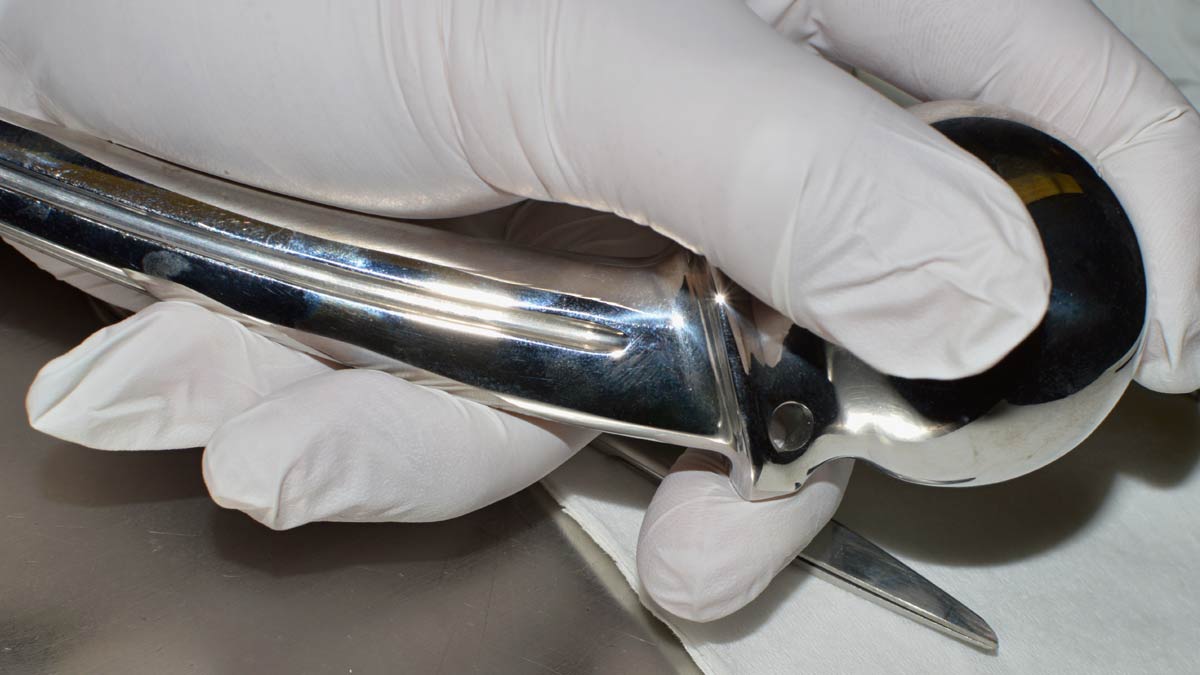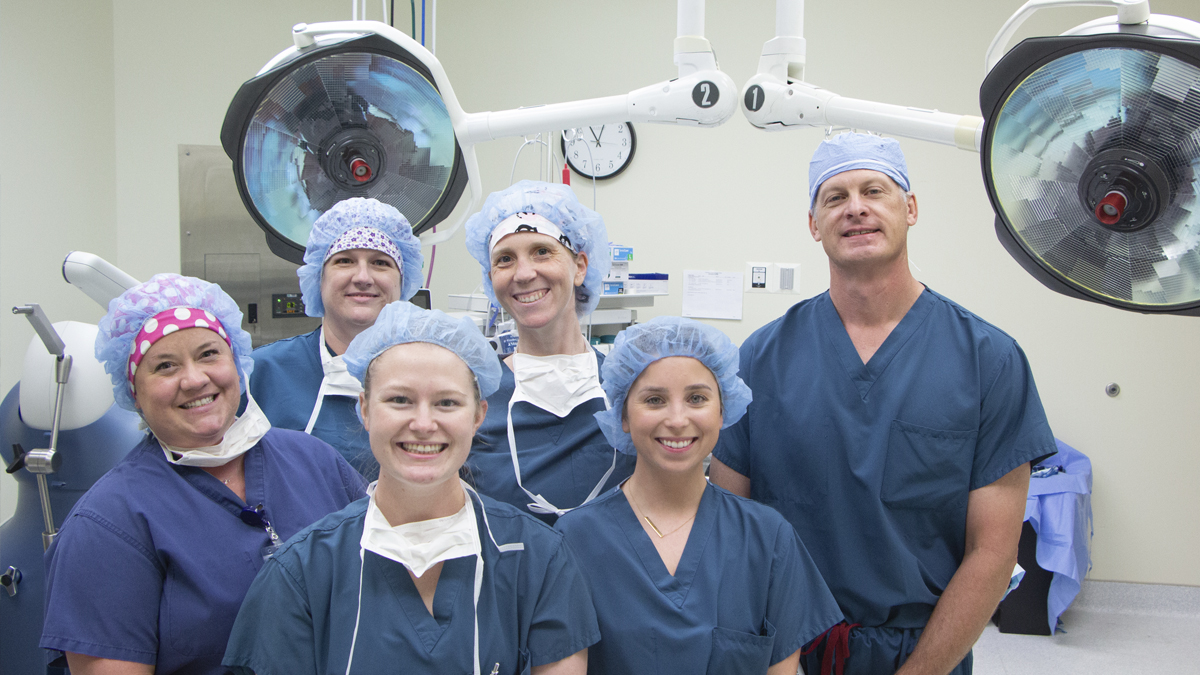People who are faced with severe pain in their hip and knee joints want relief as quickly as possible. Luckily, the Outpatient Surgery Center with Lowcountry Orthopaedics helps to ease the process for patients qualified to undergo joint reconstruction and hip and knee surgery at their facility.
Dr. Richard Zimlich, a board-certified orthopedic surgeon at Lowcountry Orthopaedics, said that there are some major “advantages” when it comes to undergoing a surgical procedure at an official surgery center versus a hospital setting.
“I perform the surgery at both the surgery center and the hospital, but the surgery center seems to provide greater satisfaction overall,” he said.
Dr. Zimlich pointed out, “The environment is pleasant, you return home the same day as your surgery at the surgery center, it’s more flexible than a hospital, it’s personable and a bit more innovative in terms of techniques and approaches.”
Plus, probably the best advantage of all is the cost savings.
“It’s a shorter stay,” said Dr. Zimlich. “Nationwide the average with a hip or knee replacement is two days in the hospital, but, with an outpatient surgery at the surgery center, you are in and out in seven hours.”
He explained that the patients are usually checked in at about 6:30 a.m. for pre-op and screening and that they are usually checking out after the surgery at around 3 p.m. or 4 p.m.
Dr. Zimlich said that the latest numbers are that 600,000 people in the United States receive a total knee replacement every year and of those, half are under 65.
“That’s another reason why outpatient surgery is important,” he said. “So that these folks can get back to work quicker and continue their regular lifestyles.”
He said that a quicker recovery minimizes loss of income and ultimately benefits the patient. Along with the cost savings and less time, Dr. Zimlich also commented that the risk of infection is much lower at a surgery center versus a hospital.
“Especially this time of year with people still coming in with flu symptoms,” he said. “You don’t have to be around other very sick patients.”
At the same time, however, Dr. Zimlich warned that not everyone will be a candidate for outpatient hip or knee replacement surgery. People with risk factors – other serious health issues, diabetes or high blood pressure, for example – would need to undergo surgery in a hospital setting.
“The key factors,” Dr. Zimlich said, “are that the patient must be knowledgeable about the process ahead of time, they must have family support at home and they must understand all aspects of surgery, ongoing care and post-operative expectations.”
The Outpatient Surgery Center at Lowcountry Orthopaedics is the first one of its kind in the Lowcountry.
“They are pioneers,” said Kelly Bellack, marketing and referrals manager with Lowcountry Orthopaedics. “Each patient has a concierge or agent assigned to them to discuss all aspects of their surgery. We think patients will be very pleased in what they find out after that initial meeting.”
“The initial evaluation is very important,” Dr. Zimlich pointed out. “They will actually do a walk-through.”
One of Dr. Zimlich’s favorite aspects of the Outpatient Surgery Center is the fact that it is easier to keep all staff on the same page.
“It flows better at a surgery center,” he said. “Everyone is just right there waiting to assist you in any way.”







